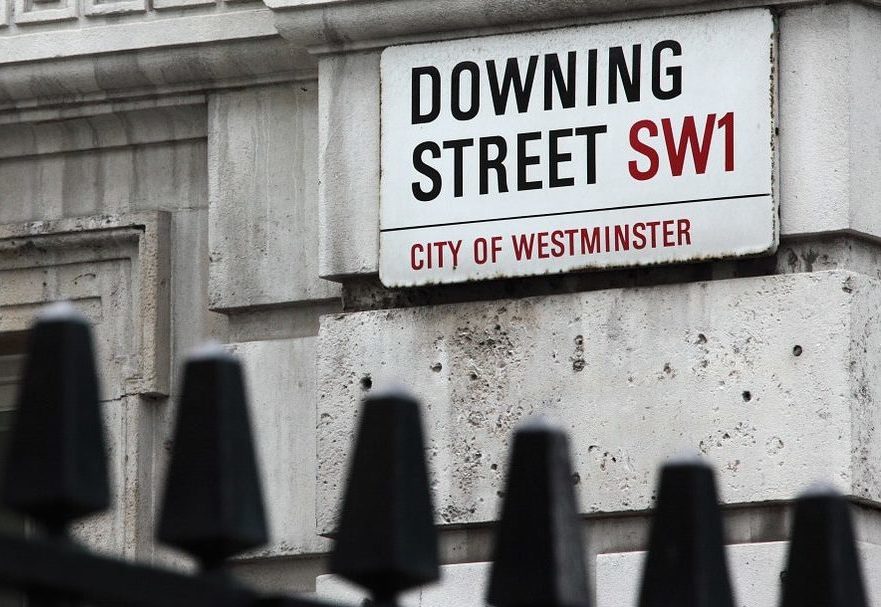
UK government confirms statutory levy and online slots stakes caps
Gambling minister insists levy of up to 1.1% of GGY will be “ instrumental” in supporting research and “reducing the stigma around gambling-related harm”

The Department for Culture, Media and Sport (DCMS) has confirmed that a statutory levy will be introduced for UK operators to fund NHS serves related to dealing with gambling-related harm.
The levy, which is set to generate £100m a year, will apply to all licensed operators and is designed to “guarantee increased, ringfenced and consistent funding to prevent and tackle gambling harm”.
Operators will have to hand over between 0.1% to 1.1% of their gross gambling yield (GGY), depending on the sector.
Society lottery operators will pay the levy as a proportion of proceeds retained after good causes and prizes have been paid out.
The government will formally review the statutory levy system within five years, with the first formal review expected by 2030.
Following a government consultation with clinicians, academics, the industry and the wider public, 50% of the levy funding will be funnelled towards NHS England and its equivalent bodies in Scotland and Wales.
This will be used to help develop a comprehensive gambling harm support and treatment system.
According to the government, 30% of the levy funding will go towards preventative measures to tackle gambling-related harm.
These could include initiatives such as national public health campaigns and training for frontline staff.
The remaining 20% will be directed to UK Research and Innovation (UKRI) and the Gambling Commission in order to develop bespoke research programmes on gambling, “undertaking vital research to inform future policy and regulation”.
The government has also stressed that the gambling industry will have no say over how money for research, prevention and treatment (RET) is spent.
The DCMS said the levy will ensure all operators contribute equally to gambling harm research, prevention and treatment. The government department claims that some companies are currently contributing “as little as £1 per year”.
In addition to the levy, the DCMS also confirmed its introduction of stake limits for online slot games.
The limit for over 25s will be £5 per spin, while 18-24-year-olds will be subjected to a cap of £2 per spin.
This came as a result of findings from both the Office for Health Improvement and Disparities and the Gambling Survey for Great Britain, which highlighted under 25s as having one of the highest proportion of respondents scoring eight or more on the Problem Gambling Severity Index (PGSI) of any age group.
UK minister for gambling Baroness Twycross said: “Gambling harm can ruin people’s finances, relationships, and ultimately lives. We are absolutely committed to implementing strengthened measures for those at risk, as well as providing effective support for those affected.
“The introduction of the first legally mandated levy will be instrumental in supporting research, raising awareness and reducing the stigma around gambling-related harm.
“We are also helping to protect those at risk, with a particular focus on young adults, by introducing stake limits for online slots. These measures will help build an NHS fit for our future and strengthen protections whilst also allowing people to continue to gamble safely,” she concluded.
While reaffirming the organisation’s support for the levy, Betting and Gaming Council (BGC) CEO Grainne Hurst highlighted the contributions of member operators and warned that the government is “at risk of losing perspective”.
She said: “The BGC supported plans outlined in the white paper published last year to reform stake limits and introduce a mandatory levy to fund Research, Prevention and Treatment.
“BGC members voluntarily contributed over £170m over the last four years to tackle problem gambling and gambling-related harm, including £50m this year alone, funding an independent network of charities currently caring for 85% of all problem gamblers receiving treatment in Britain.
“Ministers must not lose sight of the fact that the vast majority of the 22.5 million people who enjoy a bet each month, on the lottery, in bookmakers, casinos, bingo halls and online, do so safely, while the most recent NHS Health Survey for England estimated that just 0.4% of the adult population are problem gamblers.
“The tone of this announcement suggests government is at risk of losing perspective of these facts, while simply dancing to the tune of anti-gambling prohibitionists, which serves no one.”